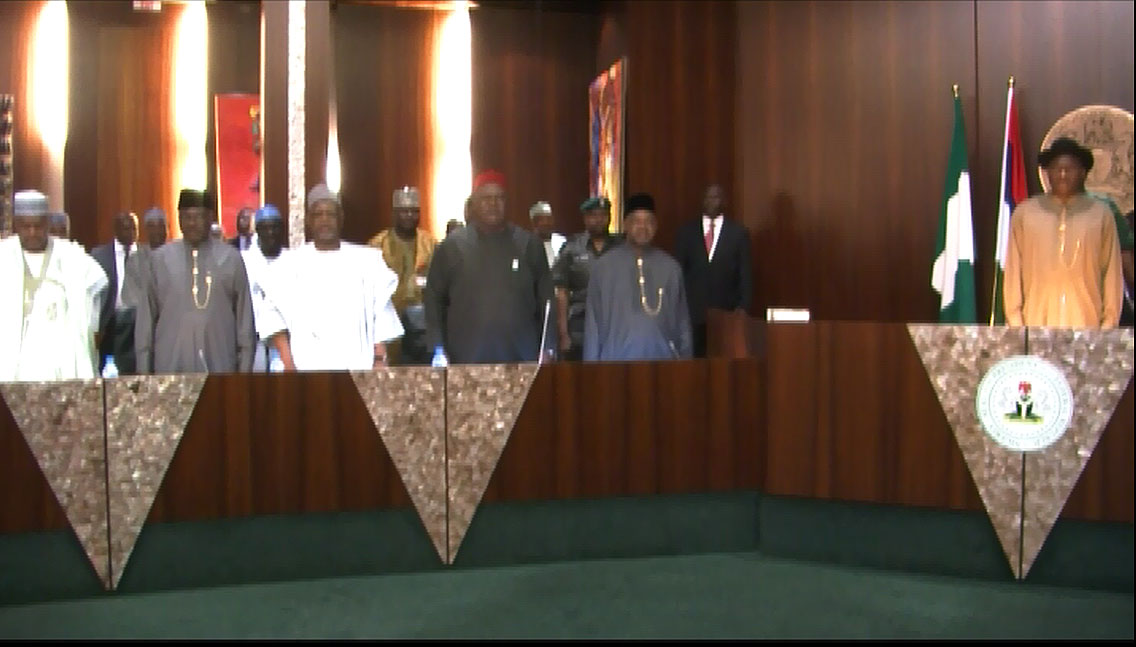The Federal Executive Council (FEC) on Wednesday approved the tertiary education report which is aimed at strengthening Nigerian Universities and eliminates the weaknesses that have brought down the standard of education in the country.
Briefing state house correspondents after the weekly council meeting presided over by President Goodluck Jonathan, the Minister of Information, Labaran Maku said that apart from the issue of poor funding there are other systemic issues relating to the vision of the various universities, improper utilisation of resources as well as regulations that need to be tackled.
“The report which was ordered by the president following the last ASUU strike brought together stakeholders in the tertiary educational system to examine the state of development of our universities and to look at all the issues that have continued to lead to friction and also lower standards in the university system.
“So in order that we would be able to come up with a very, very comprehensive intervention policy, Mr President felt there was a need to draw in other stakeholders, particularly state governments. And after the presentation to the National Economic Council, Mr President will then proceed to agree on an intervention formula following a thorough analysis of the report that has been presented to us today,” Mr Maku said.
The Minister said the Council also recommended that it has become necessary for the National Universities Commission to begin to enforce basic minimum standards in terms of infrastructure, staff/student ratio and facilities, to ensure that the universities meet the best standards compared to any other in the world.
The Council also approved the Nigerian sugar master plan to reverse the decline in sugar production in the country.
The Minister of Trade and Investment, Olusegun Aganga decried the situation where over 90 percent of sugar used in the country is imported.
He said that Nigeria will benefit from the master plan which will enable the country produce 1,797 tonnes of sugar annually as well as generate 400 megawatts of power.
“Sugar is a very strategic commodity. It is strategic because it creates a lot of jobs. For you to have a sugar manufacturing firm, you have to have sugarcane farms. Sugarcanes farms create a lot of jobs,” Mr Aganga said.
“It also produces ethanol which is a source for electricity. This will help to save a lot of foreign exchange,” the Minister added.




